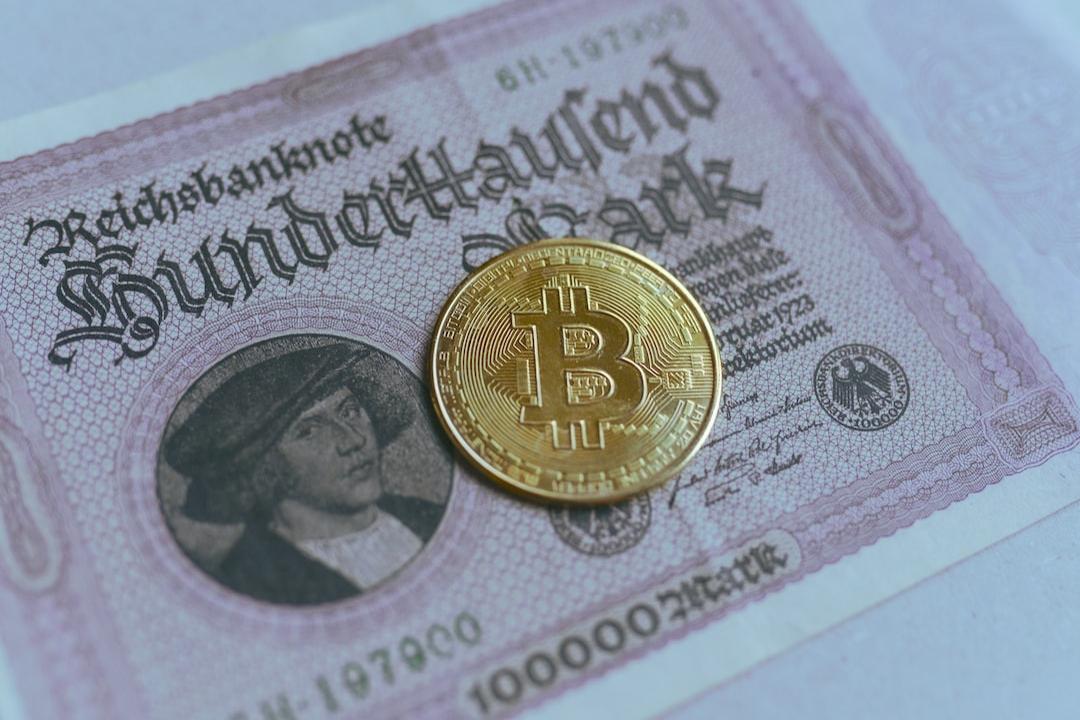The digital landscape is at the forefront of a revolution. The emergence of blockchain technology, cryptocurrencies, and non-fungible tokens (NFTs) is fundamentally reshaping our interaction with the online world. This transformation is particularly evident in the gaming industry, where the concept of NFT gaming is gaining rapid traction. However, the implications of these advancements go beyond just gaming and have the potential to influence the development of Artificial General Intelligence (AGI) and shape the future of the web, often referred to as Web3.
NFT gaming introduces a paradigm shift in the traditional gaming model. Unlike conventional games where players spend money on in-game items or expansions that they don’t truly own, NFT games leverage blockchain technology to establish verifiable ownership of digital assets. These assets, represented by NFTs, can range from virtual weapons and armor to entire in-game plots of land.
This ownership paradigm unlocks exciting possibilities for players. They can truly own the products of their virtual labor, freely trade their NFT assets with other players, and potentially even profit from their in-game achievements. The play-to-earn model, where players can earn cryptocurrency or NFTs through gameplay, is a growing trend within NFT gaming, attracting a new wave of participants.
However, NFT gaming does come with its challenges. The early stage of the technology gives rise to issues such as market volatility, security vulnerabilities, and the environmental impact of certain blockchains. Additionally, the integration of NFTs into existing games can feel forced or inauthentic, raising concerns about potential exploitation and manipulation.
NFT gaming is powering up the future with the combination of crypto, AGI, and Web3. The gaming landscape is undergoing a significant shift, driven by the explosive rise of NFTs, cryptocurrencies, and the decentralized dream of Web3. This isn’t just about improved graphics or mechanics; it represents a fundamental change in how players engage with games, own their digital assets, and potentially influence the future of games themselves. Let’s explore the top 10 ways this new era is shaping up to be a paradise for gamers:
1. True Ownership & Digital Asset Freedom: NFTs empower players with verifiable ownership of unique digital assets, allowing them to freely buy, sell, and trade these assets on marketplaces.
2. Scarcity & Rarity Fuel Value: Limited-edition in-game items, made possible by NFTs, become prized possessions, potentially turning virtual items into real-world income streams for players.
3. Interoperability: Web3 and NFTs enable players to use their NFT characters across different games, creating a more expansive and connected gaming experience.
4. Play-to-Earn: NFTs introduce the concept of “play-to-earn,” where players can earn a living through their skills and dedication by completing quests, winning battles, or creating valuable in-game items.
5. Democratizing Game Development: Web3 allows players to have a say in how games evolve, with the potential for communities to vote on new features, storylines, or in-game assets.
6. Artificial Intelligence (AGI) Meets NFTs: AGI companions within NFT-based games can learn from players’ playstyle and adapt accordingly, evolving alongside their gaming experience.
7. Community & Shared Ownership: NFT-based games foster stronger communities, with guilds or alliances co-owning virtual lands or in-game resources.
8. Transparency & Trust: Blockchain technology ensures transparency in NFT transactions, fostering trust between players and developers.
9. New Revenue Streams for Developers: NFT-based games offer developers exciting new revenue streams, such as creating limited-edition NFT items or implementing subscription models based on NFT ownership.
10. A Gateway to the Metaverse: NFTs could play a crucial role in establishing ownership and identity within the Metaverse, allowing players to seamlessly carry their digital assets across different virtual spaces.
Crypto’s role in AGI could fuel the future of NFT gaming. AGI-powered companions and in-game characters could enhance the gaming experience by learning from players’ playstyle and making strategic decisions within the game. AGI could also personalize experiences, manage in-game economies, self-balance gameplay, and generate evolving narratives based on player actions and choices.
However, ethical implications and computational power requirements need careful consideration in the development of AGI for gaming.
Web3, built on decentralization and blockchain technology, is revolutionizing NFT gaming by enabling decentralized ownership and governance, player-driven economies, interoperable game worlds, democratized game development, transparency, and trust.
Challenges such as scalability issues, user-friendly interfaces, and ensuring a secure environment must be addressed for Web3 to reach its full potential.
In conclusion, NFT gaming, crypto’s role in AGI, and the promise of Web3 are reshaping the gaming industry. True ownership, scarcity, interoperability, play-to-earn, democratized game development, AI companions, community, transparency, new revenue streams, and the gateway to the Metaverse are all driving this revolution. While challenges remain, the potential rewards are immense, offering a future where virtual worlds become more intelligent, immersive, and ever-evolving. Web3 is the key to a decentralized future of NFT gaming, empowering players and creating a more player-centric gaming experience.

